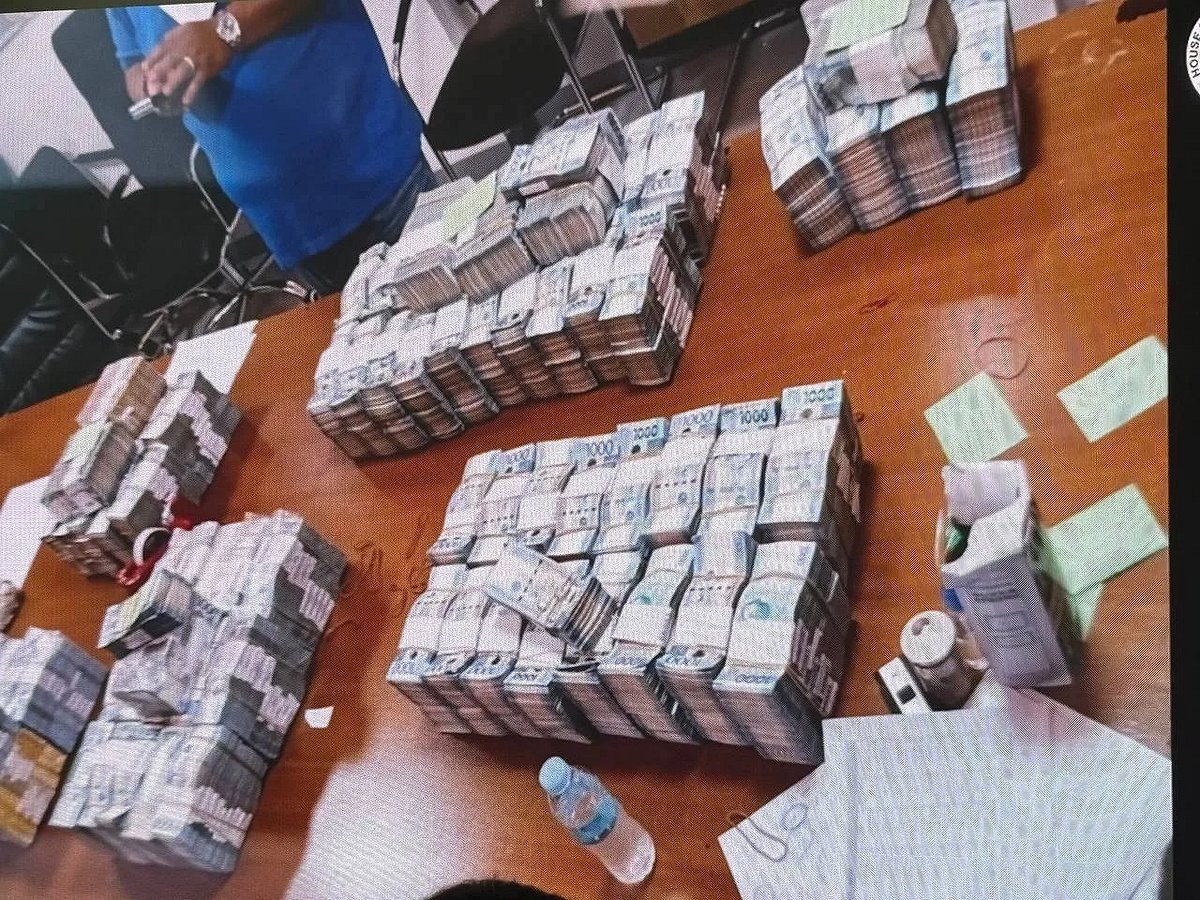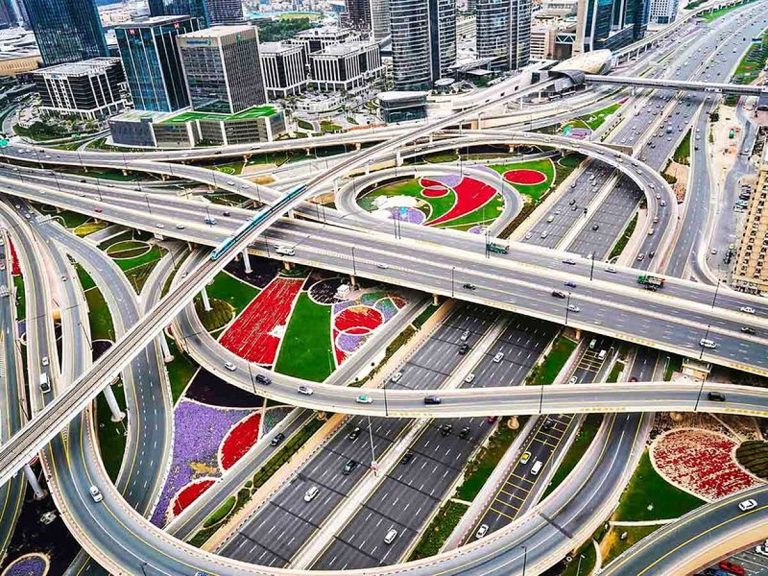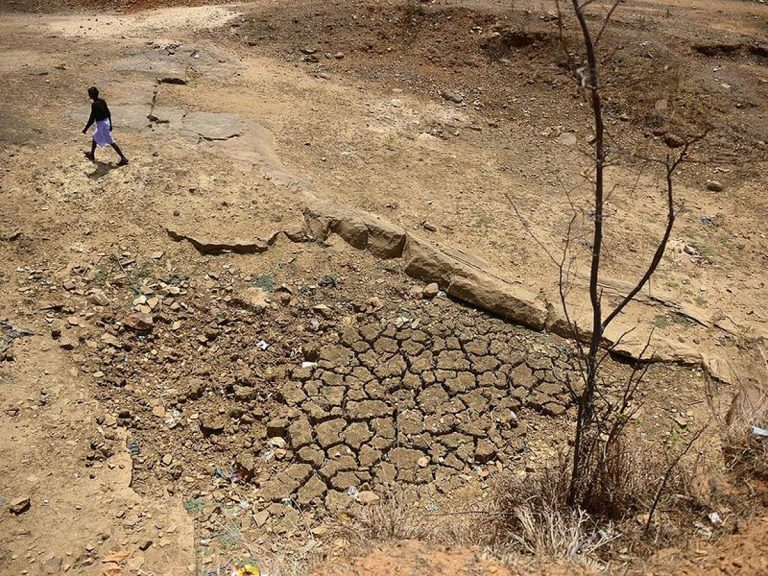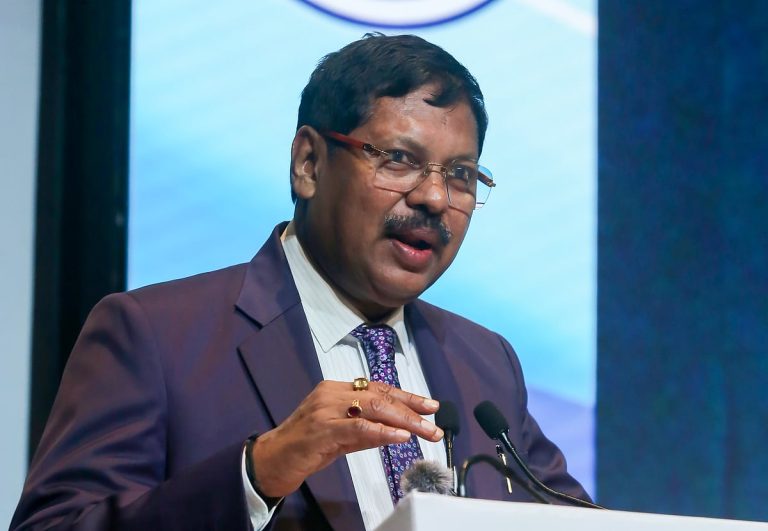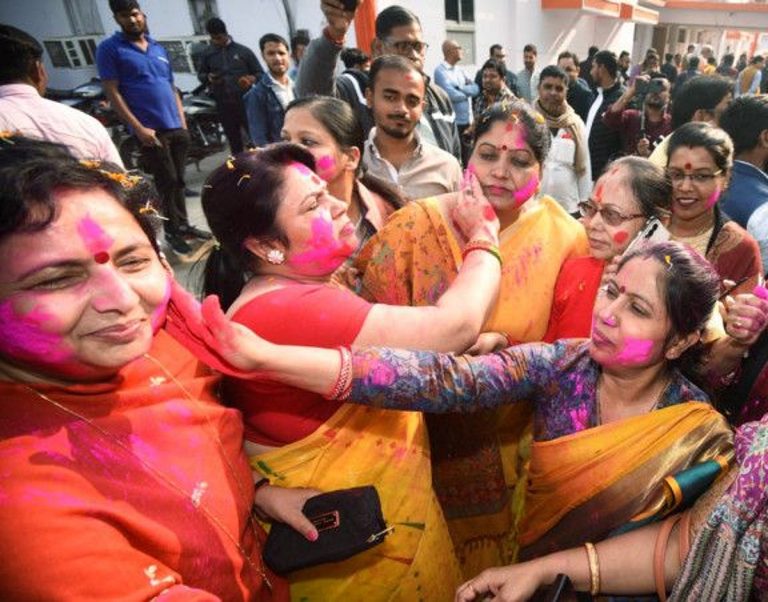Corruption in the Philippines: Current Insights and Impact
Corruption remains a significant challenge in the Philippines, affecting various sectors and undermining public trust. Recent data highlights the persistent issues within the public sector, revealing a culture of graft that has far-reaching implications for the economy and society. Here are some essential insights into the current state of corruption in the country.
Current Corruption Landscape
According to the 2024 Corruption Perceptions Index, the Philippines ranks 114th out of 180 countries, with a score of 33 out of 100. This score is notably below both the global and Asia-Pacific averages, indicating a troubling trend in governance and accountability. While there has been a slight improvement from previous years, the underlying issues of corruption continue to hinder economic growth and job creation.
Financial Impact of Corruption
Recent investigations have revealed that tens of billions of dollars earmarked for government projects, including crucial climate adaptation initiatives, have been lost to corruption. Estimates suggest that around ₱1.089 trillion (approximately $19 billion) has been misappropriated since 2023. If this amount had been invested in high-performing stocks like Tesla or Nvidia, it could have significantly increased in value, illustrating the lost potential for economic growth and development.
Key Agencies Involved
The Department of Public Works and Highways (DPWH) is often at the center of corruption scandals, but it is not alone. Other agencies, including Local Government Units (LGUs), the Philippine National Police (PNP), the Department of Education (DepEd), the Armed Forces of the Philippines (AFP), and the Bureau of Customs (BoC), have also been implicated in various corruption cases. Reports indicate that the PNP is particularly notorious for issues related to bribery and extortion, while the BoC struggles with smuggling and trade-related corruption.
Cultural Context of Corruption
Corruption in the Philippines is deeply rooted in cultural practices and societal norms. Traditional customs, such as the “padrino” system (patronage) and “utang na loob” (debt of gratitude), contribute to a culture where corruption is often overlooked or accepted. This environment fosters a sense of impunity among public officials, leading to a cycle of corruption that is difficult to break.
Legal System Challenges
The justice system in the Philippines faces significant challenges in addressing corruption. Legal technicalities often allow corrupt officials to evade accountability. High-profile cases, such as those involving actor-turned-senators Jinggoy Estrada and Bong Revilla Jr., illustrate how legal loopholes can undermine the pursuit of justice. Despite being implicated in serious corruption scandals, both were acquitted of plunder charges due to technical defenses, raising concerns about the effectiveness of the legal system in combating corruption.
Public Response and Future Outlook
The ongoing corruption scandals, particularly those related to flood-control projects, have sparked widespread public outrage and protests. Citizens are increasingly demanding accountability from their leaders, and recent political shake-ups indicate a growing recognition of the need for reform. However, the path to meaningful change requires a collective effort from both government officials and the public.
The Role of Civil Society
Civil society organizations and watchdog groups play a crucial role in exposing corruption and advocating for transparency and accountability. Their efforts are essential in holding government officials accountable and pushing for reforms that prioritize the common good over personal gain.
FAQs
What is the current corruption score of the Philippines?
The Philippines has a corruption score of 33 out of 100, ranking 114th out of 180 countries according to the 2024 Corruption Perceptions Index.
Which government agencies are most affected by corruption?
The top agencies known for corruption include the Department of Public Works and Highways, Local Government Units, the Philippine National Police, the Department of Education, and the Bureau of Customs.
How does corruption impact the economy?
Corruption leads to significant financial losses, undermines public trust, and deters foreign investment, ultimately hindering economic growth and job creation.
Conclusion
Corruption in the Philippines is a complex issue that requires a multifaceted approach to address effectively. While recent public outcry and political changes indicate a desire for reform, lasting solutions will depend on a cultural shift towards integrity and accountability. Engaging both government officials and citizens in this effort is crucial for building a more transparent and prosperous future for the nation.
Also Read:
Daily Horoscope Insights for October 15, 2023

